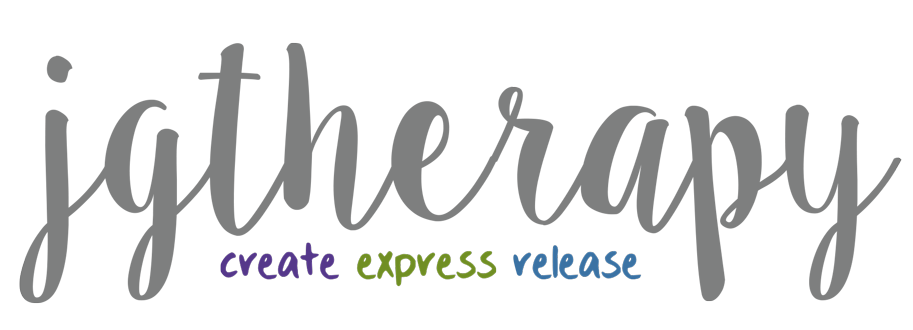For many people both of the words, Drama and Therapy, are scary, uncomfortable, alien. Put them together and it can feel like double trouble. So I’m just going to explain a little about it to put your mind at ease and clarify what it is. Don’t worry, it’s not about putting on a show or embarrassing yourself. Basically it’s an alternative to talking therapies. It is successfully used throughout the UK, and the world, for all kinds of people; young and old, those who have experienced trauma, addicts, people with physical disabilities, learning difficulties, the elderly, those with mental ill health, people with low self-esteem or who struggle to deal with difficult emotions. Dramatherapists work in many settings; hospitals, clinics, schools, community settings, residential homes, charities and businesses. Sessions can be in groups or one to one.
It’s really important that the client feels comfortable and at ease, and knows that they can do as much or as little as they want. The Dramatherapist will come prepared with a session, but works instinctively, being led by the client. The Dramatherapist engages with the client creatively, offering the use of all the senses, using the imagination, movement, story creation, role playing, story enactment, mime, art, voice and sound.
Dramatherapy has its roots in psychotherapy, including the theories of the unconscious, from the Swiss Psychiatrist, CJ Jung. He proposed that it is through creativity that we can begin to explore the unconscious mind, leading to enlightenment and growth.
"Creative power is mightier than its possessor" (The Four Agreements: A Practical Guide to Personal Freedom CJ Jung)
The “science bit” is the theory that your psyche (the human mind, both conscious and unconscious) is self-healing which means what you do in sessions, the choices you make, the art you create, the character you are drawn to playing or thinking about, is what you are needing at that moment, you allow yourself to tap into your unconscious. Perhaps a shy child needs to play the brave lion in a story, or the stressed business person needs to make slow movements to quiet music, or the angry teenager needs to make loud sounds with the percussion instruments (sorry that one’s a little stereotypical!).
Through these creative choices, clients can find solutions, affirm their identity, role play aspects of themselves they have never explored before, express hard feelings, feel release, confront difficult themes, gain a sense of freedom, increase self-awareness, make connections, make positive choices, gain new understandings, and increase in self confidence.

